Alternative Energy
Why You Need To Try Solar Power
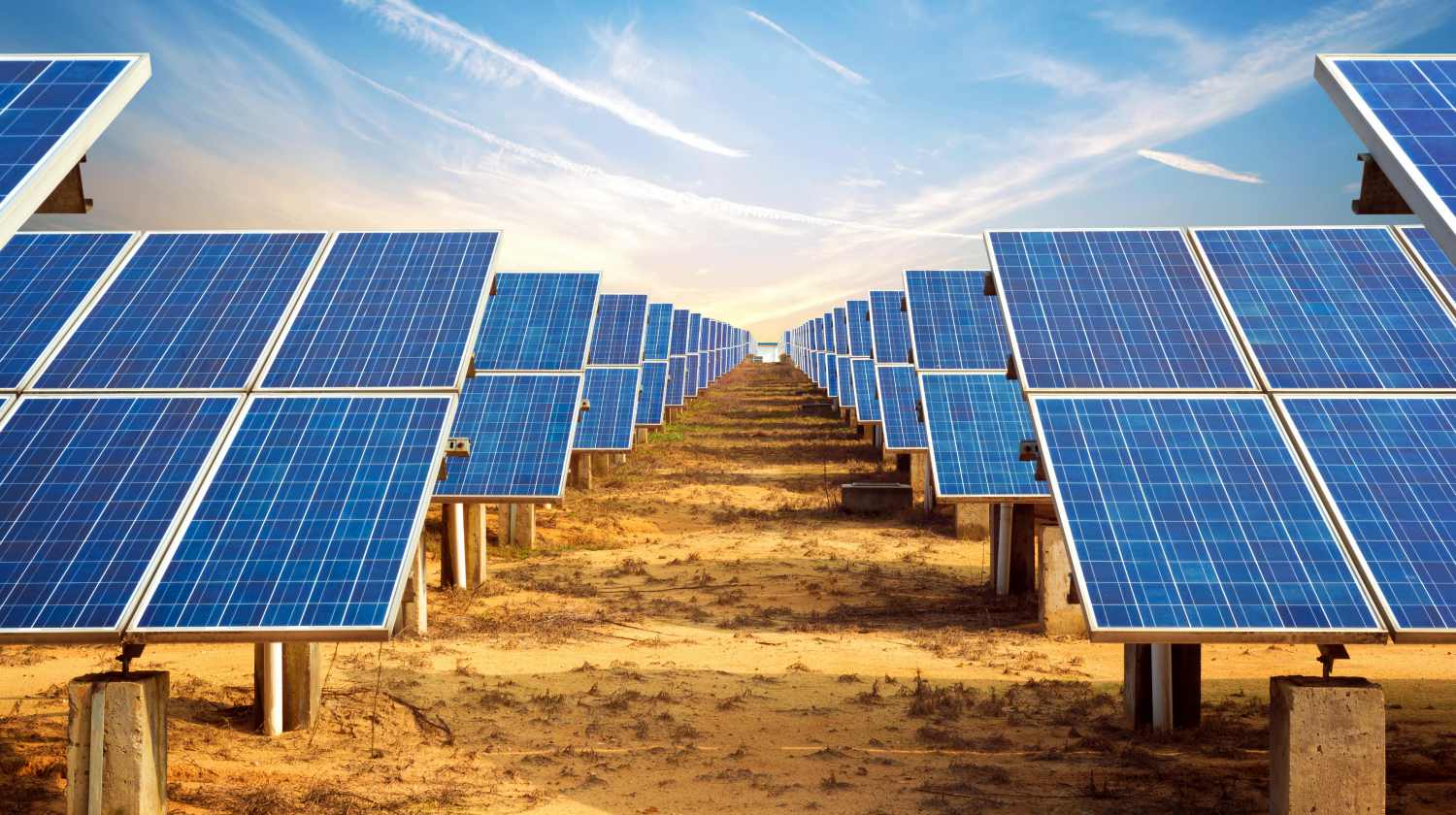
Consider solar power as an alternative power source and even a main power source. Read on for the irresistible reasons why you need to, now!
RELATED: 9 DIY Solar Power Projects For Survival And Self-Sufficiency
In this article:
What You Need to Know About Solar Power for Survival
Solar Power: More Than an Emergency Backup Option
Utilizing solar power for homes and industry is becoming a trend nowadays. Getting energy from the sun and eventually converting it to electricity is remarkable indeed.
This phenomenon provides a lot of advantages. Exploiting solar power and using it as a backup for any gadget or even in maintaining a household is something every individual should seriously consider.
Having solar backup systems means getting energy from the sun while its up and shining and using this energy at night or in times when there is an outage. Since solar power is free, this means it can help people save money.
Putting up a solar panel may seem expensive during the initial installment but in the long run, it is actually cheaper than paying electricity bills every month. Solar power is also environment-friendly since no fossil fuel burns to produce power.
Using solar power to provide energy is one way to stop or at least delay the effects of global warming. As we are seeing more and more of now, solar power systems work without worsening the effects of global warming.
Solar power produces undeniably zero pollution.
To read the whole article, click here.
Reasons to Add Solar Power to Your Backup Plan
1. Mainstream Energy Sources Are Vulnerable
Most of the electric substations, transmission lines, and electrical switchgear for any given utility find themselves in remote parts of the country.
It’s hard to know what to believe anymore. Some news outlets just repeat whatever their political handlers tell them, while others only print the stories they want you to hear.
Many quote results of endless polls based on their biased questions, while federal agencies hide their real agendas and publish glowing reports concerning what a great job they are doing.
For example, did you know that last April 2013, 17 large PG&E transformers located inside a high-security fence were destroyed by a sniper team near San Jose, California? Just before the shooting started, they cut a fiber optic communications cable running near the facility which caused a total area-wide communications blackout.
Although there were more than 100 shell casings at the area, there were no fingerprints found and the multiple security cameras did not record anyone shooting. The snipers were well aware of the camera locations even in the dark.
When this terrorist attack finally came to light almost a year later, it was called “old news” and chalked up to local vandalism, not terrorism. So just how safe is our electric grid?
First, there is no single electrical grid. The electric grid in the United States consists of hundreds of separate generating facilities and thousands of transmission lines owned and maintained by many different companies.
RELATED: Off-Grid Solar Survival: Top 5 Things To Consider Before Diving In
2. Mainstream Energy Sources Poses Health and Environmental Hazards
|
Most existing power plants are built near reliable fuel supplies. Bodies of water could pinpoint the locations of hydro-electric plants.
Large rivers accommodate coal-barge traffic and provide a source of cooling water were ideal locations for coal-fired power plants.
Nuclear power plants require lots of water for cooling and are also usually located near large bodies of freshwater. Gas turbine generator plants are usually located near major gas transmission pipelines.
via Why you need to add solar to your emergency power backup plans by Jeffrey Yago, P.E., CEM
3. Solar Power Is a Free Energy Source
Another foremost advantage of having solar power as backup is gaining more and greater energy independence. Solar energy is 100% free.
Nobody can monopolize the production of the sun’s energy. There is unrestricted use of this for everybody.
Since the sun shines almost consistently, it means there is an unstoppable and uninterruptible source of power. We can enumerate numerous advantages of solar energy as a backup for a power emergency.
This video from the Canadian Prepper will show you three types of solar panels for off-grid living or survival:
These benefits can surely convince anybody to utilize and exploit wisely the light that the sun can provide.
Whether you want to use solar power as a backup plan when the grid is down or you want to go completely off the grid, making use of light energy is always a good thing especially in the long term.
Would you consider solar power as a backup plan for an emergency or even your main source of energy for survival or off-grid living? Tell us your thoughts about it in the comments section below!
Up Next:
- Self-Sufficiency Simplified: Solar Water Heating
- Solar Power | Innovative Use of Rooftop Real Estate
- The Grid-Tie Inverter: Electrical Backup For Your Refrigerator-Freezer
If you’re looking for useful survival gear that you can’t make at home, check out the Survival Life Store!
Follow us on Facebook, Instagram, Twitter, and Pinterest!
***Disclaimer: The contents of this article are for informational purposes only. Please read our full disclaimer.***
Editor’s Note: This post was originally published on December 26, 2014, and has been updated for quality and relevancy.
-

 Do It Yourself7 months ago
Do It Yourself7 months agoParacord Projects | 36 Cool Paracord Ideas For Your Paracord Survival Projects
-

 Do It Yourself9 months ago
Do It Yourself9 months agoHow To Make Paracord Survival Bracelets | DIY Survival Prepping
-

 Do It Yourself9 months ago
Do It Yourself9 months ago21 Home Remedies For Toothache Pain Relief
-

 Do It Yourself10 months ago
Do It Yourself10 months agoSurvival DIY: How To Melt Aluminum Cans For Casting
-

 Exports8 months ago
Exports8 months agoAre Switchblades Legal? Knife Laws By State


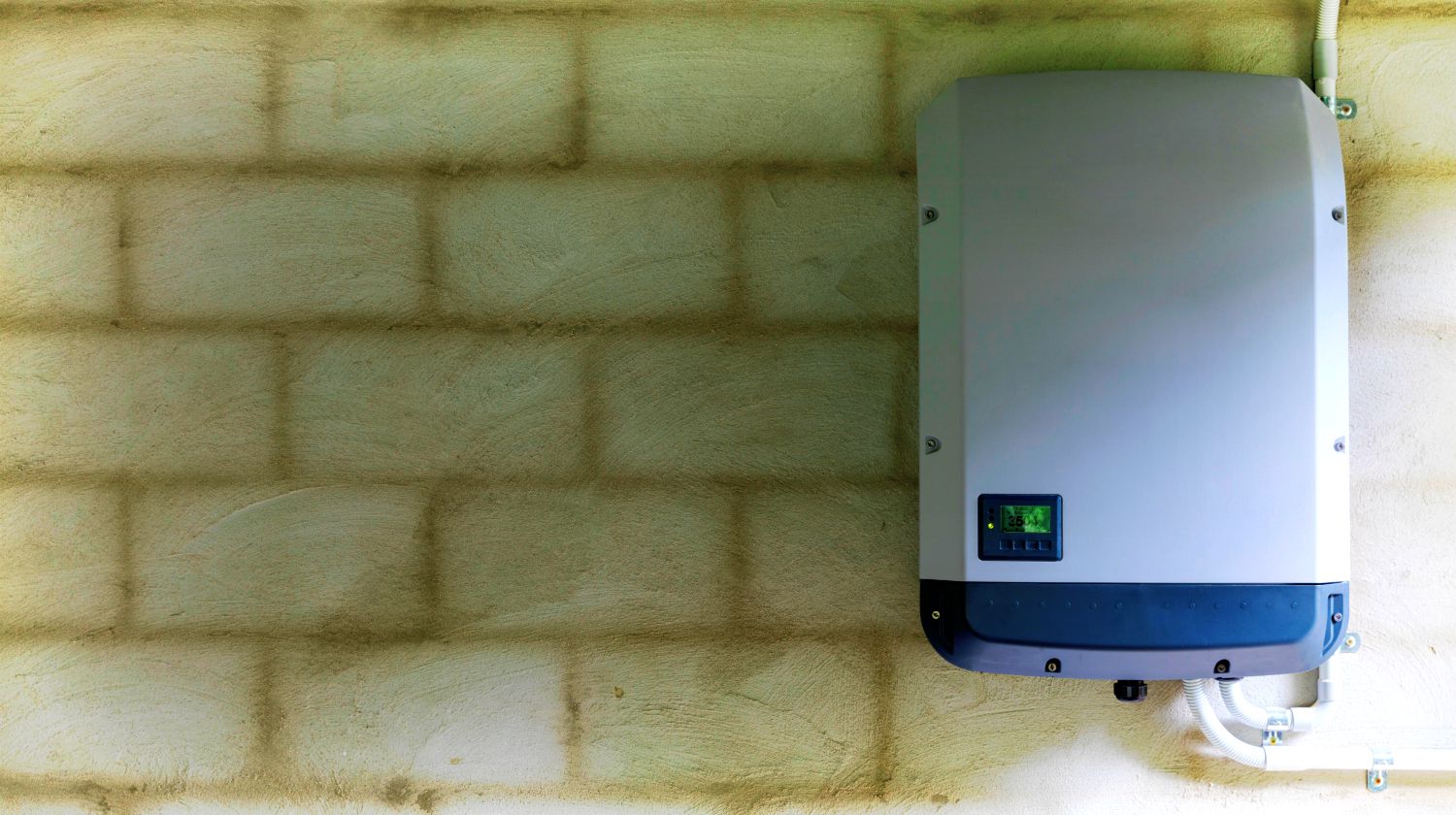
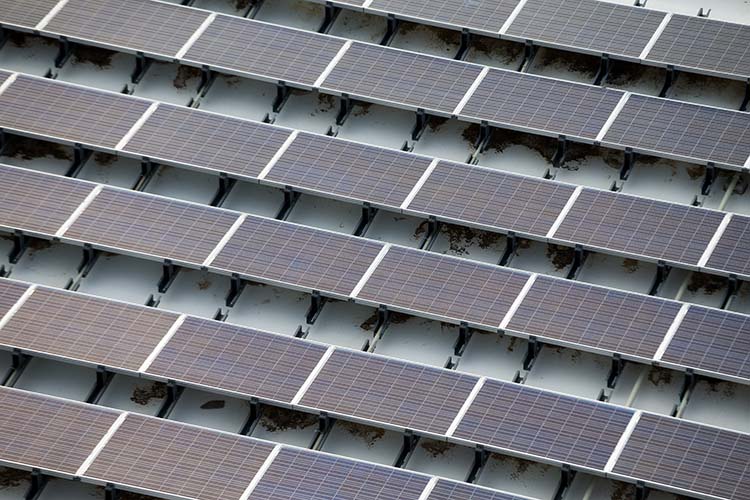
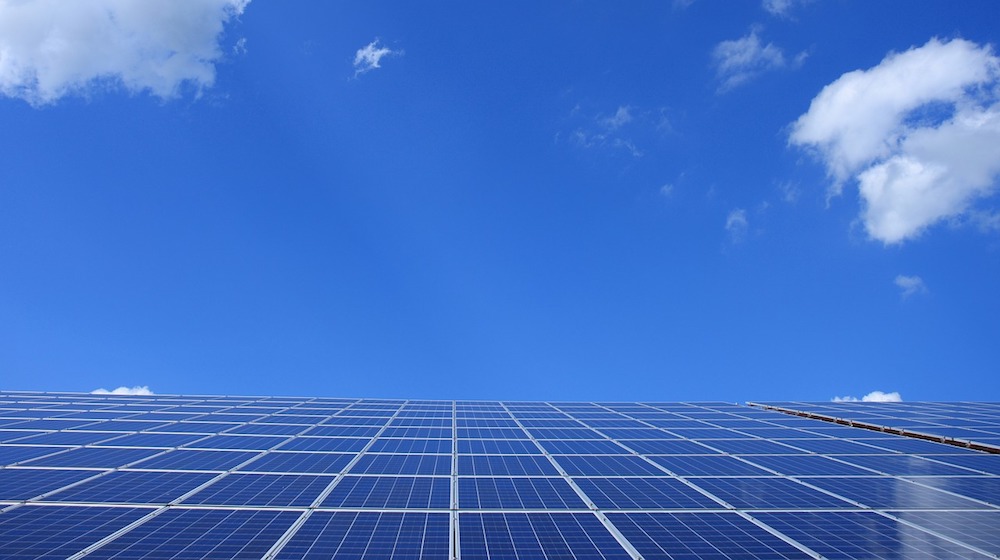
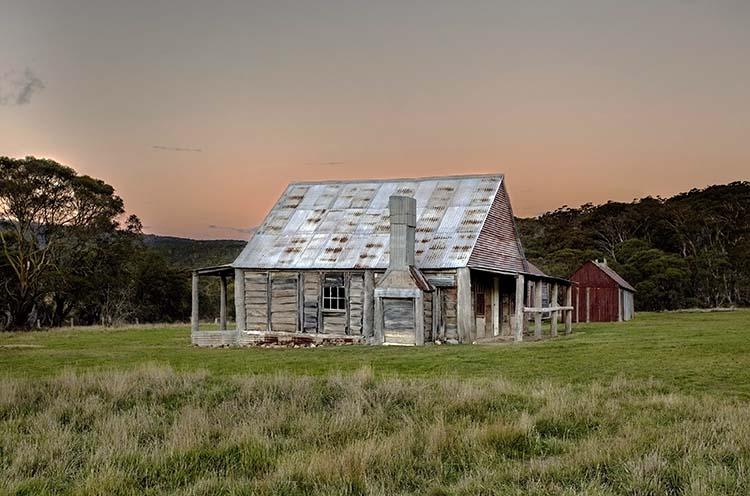

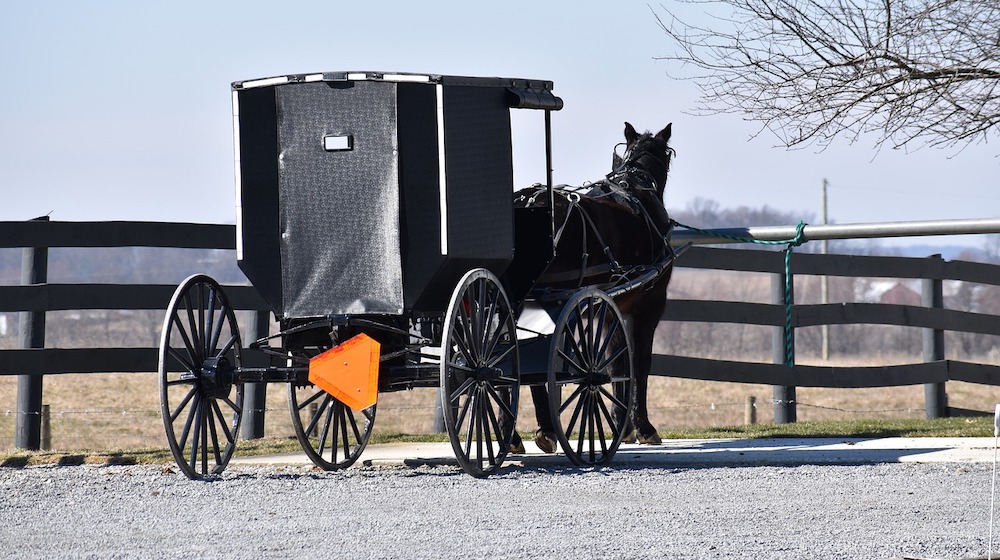

leon
December 26, 2014 at 9:50 AM
your article doesn’t explain how solar handles an emp blast. won’t the conductors from the panels take the pulse back to the charger controller and burn out the components on the circuit boards?
marlene
December 26, 2014 at 10:26 AM
contemplating whether to lease solar panels or purchase. I’m a single woman and need some advise since you are the experts.
would appreciate some impute.
Thank You
Marlene
Archangel
December 26, 2014 at 12:19 PM
Your article implies that Solar Panels would be immune to an EMP attack.
This is simply NOT TRUE, especially if the solar panels are grid tied…. connected (and not protected or independent)from the Grid.
Solar Panels by themselves are a series of 36 or so cells which complete a circuit and could be destroyed by a nuclear event HEMP, along with the charge controllers.
Panels are less susceptible in a CME event, but ONLY if they are not connected to a grid-tied system that can readily change from grid to solar with a transfer switch. If they are grid tied they will also be fried.
While I am a big fan of having solar as a backup energy plan, it needs to be protected by a faraday cage until the day comes when it is needed. An extra charge controller is also a good idea, protected in a nested faraday cage
tehachapigal
December 26, 2014 at 12:35 PM
I live in the Tehachapi Pass where the Tehachapi Mountains and Southern Sierras meet. Ivanpah Solar Plant concentrators are frying at least 1 bird on the average of every 2 minutes – peregrine falcons, golden eagles, song birds, and bats – man’s life support systems. Pox on industrial solar and wind turbines. Furthermore, both technologies are severely underperforming. An article said that the “clouds” in the hot desert are causing the solar plant to get less sun than needed. Wind energy is just as bad. They only work when the wind blows and the blades don’t have grills over them to prevent birds and bats from being slaughtered.
With this said I use solar lights around my house and even the Chinese made ones are pretty good. A company in Queensland has developed a more efficient and less costly type of solar panel and is manufacturing them. http://cleantechnica.com/2014/01/29/new-facility-australia-launches-develop-efficient-solar-technology/
Anibal Cazal
December 26, 2014 at 8:34 PM
DO YOU REALLY BELIEF IN GOBAL WORMING?? SO YOU ARE JUST ANOTHER LIBERAL OR JUST TO MAKE A BUCK FROM THOSE WHO FOLLOW SURVIVAL LIFE.
WHY DO YOU PROMOTE ALL THE OTHER “UTENILES” FOR SURVIVIND DISASTER???
John Querin
December 27, 2014 at 9:05 AM
I tried to add solar only problem is finding an honest and reliable company. I thought Solutions From Science was a reputable company until their Power Source 1800 Solar Generator failed. I called tech support to see where to send it for service and was told oh were sorry you didn’t spend the additional money for the extended warranty so the $1000 you spent was for a throw away unit. I won’t make that mistake again, of course I won’t buy from them again either.
Brett
January 10, 2015 at 3:01 AM
Solar power is definitely the best source of emergency back up power. When the grid goes down, especially for long periods of time, you need something that doesn’t require you to have a ton of gas on hand. During disasters, gas my be in short supply and/or the gas pumps may not even work.
Pingback: A New Take on Alternative Energy: The Tesla Powerwall
Pingback: 8 Ways to Generate Electricity at Home | Survival Life | Blog
Pingback: Alternative Energy: Get 1500 Watts of AC from Solar
Pingback: Alternative Energy: The Tesla Powerwall | Survival Life
Pingback: 12 Best DIY Solar Panel Tutorials For The Frugal Homesteader
Pingback: 9 DIY Solar Power Projects For Survival And Self-Sufficiency - Survive!
Pingback: Things You Need to Live Off the Grid | Survival Life
Pingback: 9 Things You Need To Live Off The Grid | Primitive technology
Pingback: 9 Things You Need To Live Off The Grid – Ultimate Survival Alerts
Pingback: Off-Grid Solar Survival: Top 5 Things To Consider Before Diving In – Ultimate Survival Alerts
Pingback: Off-Grid Solar Survival: Top 5 Things To Consider Before Diving In - Survival Gear Review
Pingback: Off-Grid Solar Survival: Top 5 Things To Consider Before Diving In – Survival NEWS